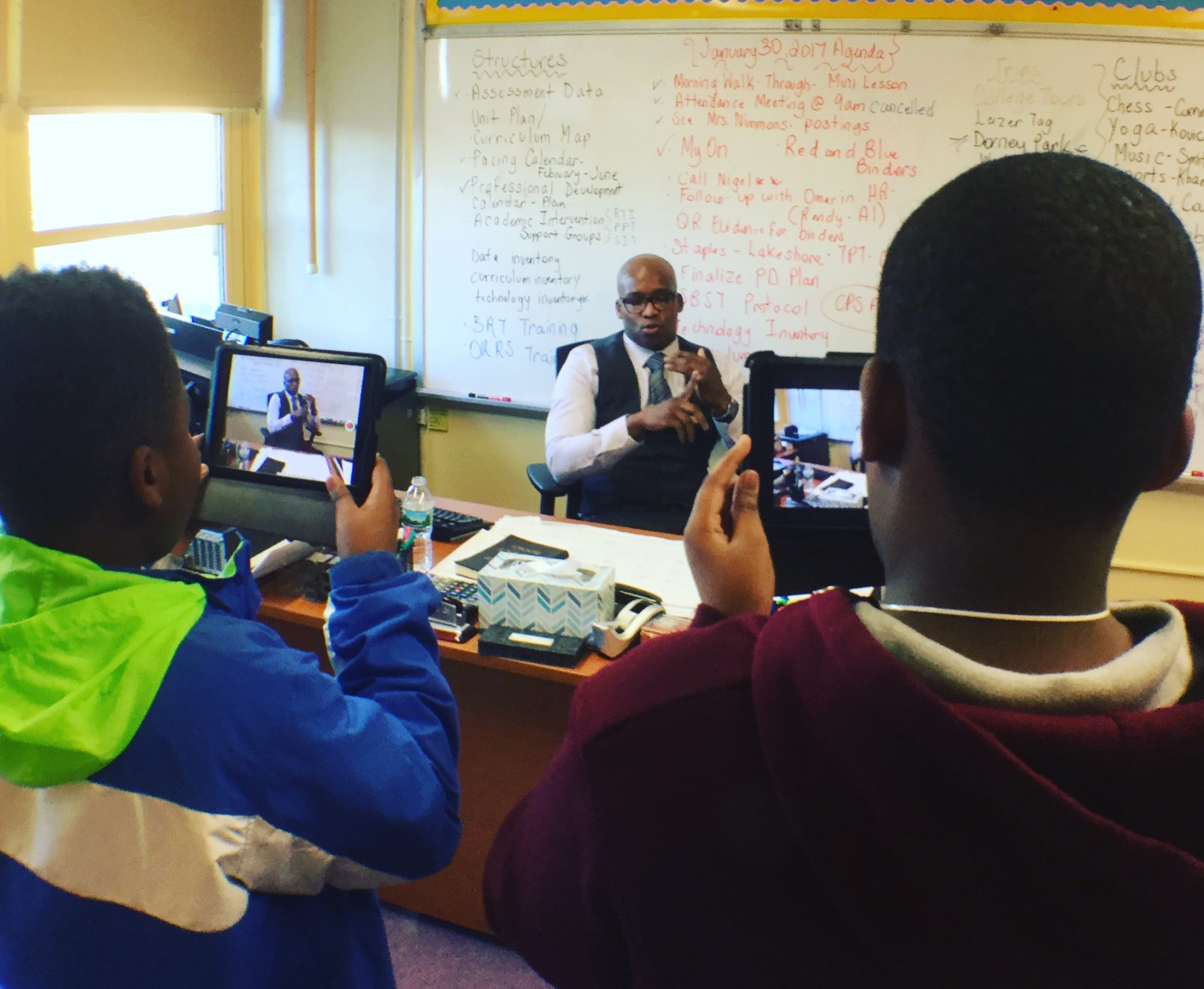The steady stream of news from Afghanistan is dire, and has been for quite some time.
Stories of increased insurgent attacks on Afghan troops, aid workers, NATO forces, US troops, the US attacks on Afghan civilians, and the constant influx of corruption scandals within the Karzai government are the status quo.
But there are glimmers of hope.
Today was a real pleasure spent getting to know Entrepreneur and Activist, Hassina Sherjan.
Entrepreneurs like Sherjan give Afghans, and the international community alike, a reason to believe that Afghans can rebuild and lead their own country. But it’s going to take small steps and a lot of time, perhaps generations. Few have the vision and patience to see that happen.
Hassina Sherjan, founder of Aid Afghanistan for Education and Boumi, is one of the few Afghan visionaries who is committed to the long-term development of Afghanistan.
Sherjan moved to the US with her family when she was a teenager in 1978. She spent the next 23 years living between Northern California, Seattle and Washington, D.C. Although comfortable materially, she said she felt empty living in the US. It was not her home.
In 1995 she traveled to the Afghan refugee camps in Peshawar, Pakistan. The camps were a result of the Afghan-Russian and Civil Wars. Witnessing thousands of her country men and women living in tents and squalid conditions had a profound impact on her. She began to smuggle school materials to the women so they could learn to read and write. She found a network of teachers in the camps who began to teach elementary education classes.
In 1999, with these women in mind, she returned to Kabul for two weeks. She said she hoped to reason with the Taliban to reopen schools for girls. She was rebuffed, but that didn’t stop her.
Her anger and disbelief that at the end of the 20th century there were countries that did not allow women and girls an education, or work opportunities, was incomprehensible and unacceptable to her.
Through her vast network, she opened five underground schools for girls. She said it was easy to find teachers, they were on the streets, begging.
She said she had mixed feelings after 9/11. As tragic as it was, she knew she could finally return home. On Dec 21, 2001, Sherjan returned to Kabul.
Those five underground schools became , an organization that educates over 3,000 children across nine Afghan provinces.
With a national illiteracy rate of 90%, Sherjan says, “if we don’t change that (rate), we won’t move forward.”
To feed her creative impulse, she started a retail business, Boumi, employing Afghan men and women and uses only Afghan textiles.
With reports on insurgents attacking women, and possible government-Taliban negotiations, Sherjan says she is worried.
She says, “We are not clear what we want. Some want all the international troops out and want Sharia Law for Afghanistan. We already had Sharia Law once and it and I don’t think the Afghan people want that again. Everyone supports talking to the Taliban so I’m worried. Maybe (international) people think it’s good and Afghans want this, but no, I don’t think so, I don’t believe Afghans want to experience that again.
They (the Afghan government and international community) want to find a solution. The easier quicker way is to make a deal with the Taliban. The longer way is to keep the international troops here for another 15-20 years.
Afghanistan is not the target. Once again the Afghan people are sacrificing to fight the international enemy. I think the international community has a responsibility to support Afghanistan and focus on education and creating jobs.”
Reached by email, Sherjan has a lot of plans for the development of her country.
She writes that she is focusing on leadership, negotiation, public policy and management. She hopes to use this experience to move to the “next step”, which will be receiving direct funding from USAID. USAID has not directly funded any Afghan organization yet and she is trying to create a model.
She also hopes to focus on expanding for the international market and create a franchise chain in the US and Europe.
Finally, she hopes to create a think tank to assist the Afghan government with international policies.
She says, “It’s an experience everyone should have. When you know your existence can make a difference in other people’s lives, it’s huge. When I meet girls, some in their 20’s, who tell me that if it wasn’t for this program they would never have an education or a job.
Before their only option was to get married and stay home. It’s wonderful to have kids, but it should not be the purpose of your life. The purpose should be making a difference in other people’s life, someone you don’t know, a perfect stranger. It’s rewarding and challenging and I like that life.”

